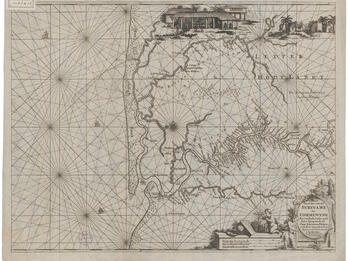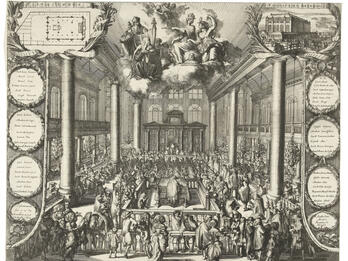The Assembly of Ludmir
The Jewish presence in Ludmir (Włodzimierz) dates to the twelfth century. In the early sixteenth century, Jews in the town, then part of the Grand Duchy of Lithuania (today Volhynia, Ukraine), engaged in various crafts. However, they increasingly relied on leaseholding to make a living. Jewish leaseholders leased land, monopoly rights, and particularly taverns from Polish nobles. The growing number of leaseholders aroused fears concerning desecration of the Sabbath by non-Jewish workers and commerce between Jews and non-Jews. The first (known) takkanot (regulations) on this issue were issued in Kraków in 1590. These regulations shed light on Jewish self-government, Jewish involvement in business and the local economy, the powers of community leaders, Jewish rights vis-à-vis Polish nobles, credit, the conflict between Jewish law and the surrounding reality, and a host of other topics, including economic dependency of the Jews on producing and selling liquor. This business created special halakhic and social issues, some of which are addressed in these regulations.



